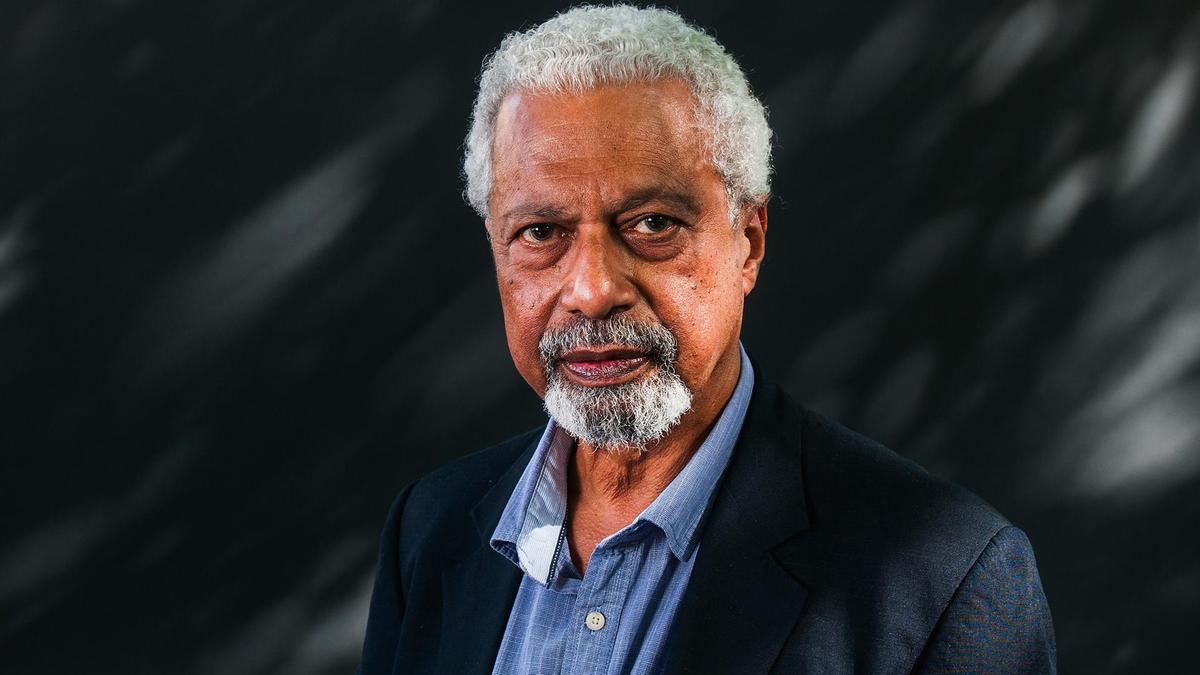An eco-thriller from Robbie Arnott, a defence of traditional cricket by Duncan Hamilton and Colson Whitehead’s prize-winning novel about a racist school.
The Rain Heron
Robbie Arnott
Atlantic, £14.99, p288
A quietly unsettling fable set in a country beset by ecological, political and economic difficulty, the titular shape-shifting bird in Arnott’s second novel acts as a cipher for humankind’s inexorable struggle to tame the natural world. Against this mythic backdrop, a survival thriller emerges as a soldier with a troubled upbringing goes on a mission in the dark forest to deliver the bird to her paymasters. The plotting itself has less mystery, but Arnott writes vibrantly about the harsh wonder of nature, his vivid characters becoming almost animal themselves.
One Long and Beautiful Summer
Duncan Hamilton
Quercus, £16.99, p256
In 2019, Hamilton became convinced that the therapeutic “slow trot” of cricket’s sparsely attended but charmingly nuanced county championship was at the point of unwelcome change, with the new white-ball competition the Hundredabout to trample all over it. So to capture the quirky, kind and stoic people who characterise this receding community, he spent last season luxuriating in cricket at Sookholme in Nottinghamshire, Clifton Park in Yorkshire and Hove’s county ground in Sussex. Hamilton admits to “nostalgically summoning ghosts”, but with no cricket at all at the moment, his work makes for a welcome substitute.
The Nickel Boys
Colson Whitehead
Little, Brown, £8.99, pp224 (paperback)
A worthy winner of the Pulitzer prize for fiction, Colson Whitehead’s follow-up to The Underground Railroad, is the essential paperback for these times. Inspired by racially motivated police brutality, Whitehead explores a segregated reform school in 1960s Florida, to which the idealistic Elwood is sent after being wrongly accused of stealing a car. There he meets Turner, who cannot turn the other cheek to the sadism they experience. The Nickel Boys turns into a grotesque horror and a potent reminder of why the current protests are so vital.


